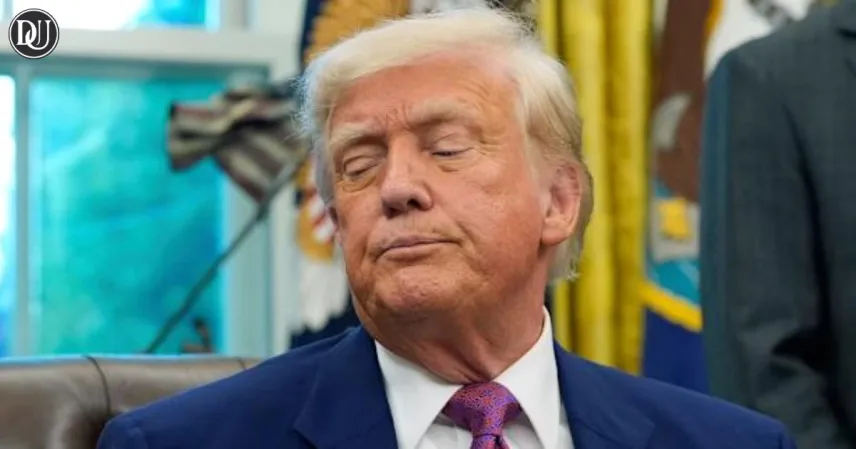In a move that has sparked intense debate among legal experts and human rights advocates, the Trump administration is reportedly considering suspending the constitutional right of habeas corpus as part of its aggressive immigration enforcement strategy. The development, confirmed by White House officials, is being justified by the administration as a response to what it characterizes as an “invasion” at the southern border.
What is Habeas Corpus?
Habeas corpus, a Latin term meaning “you shall have the body,” is one of the most fundamental protections in democratic legal systems. It ensures that any individual detained by authorities has the right to appear before a court and challenge the legality of their detention. The principle of habeas corpus protects individuals from arbitrary arrest and unlawful imprisonment, serving as a cornerstone of individual freedom.
Rooted in centuries-old legal traditions, habeas corpus has long been seen as a check on executive power. In the United States, it is enshrined in the Constitution, which states that habeas corpus may only be suspended “when in cases of rebellion or invasion the public safety may require it.” It has only been suspended in rare historical circumstances, such as during the Civil War.
Why is the Trump Administration Considering It?
The Trump administration claims that the current surge of migrants at the southern border constitutes an “invasion,” potentially justifying the suspension of habeas corpus. Officials argue that this measure would allow for the swift deportation of individuals without prolonged legal processes, which are currently guaranteed by habeas corpus protections.
This consideration is part of a broader immigration crackdown. The administration is also looking to expand the use of detention facilities and accelerate deportations. However, suspending habeas corpus would mark a significant departure from legal norms, removing one of the most important legal avenues available to migrants contesting their detention or deportation.
Legal and Ethical Concerns
Legal experts argue that suspending habeas corpus without congressional approval would be unconstitutional. The Constitution grants Congress—not the executive—the authority to suspend habeas corpus, and only under specific emergency conditions. Critics warn that declaring a migration issue an “invasion” to justify suspending habeas corpus could set a dangerous precedent.
Human rights advocates fear that such a move could lead to widespread abuses. Without habeas corpus, detainees would lose the right to challenge their detention in court, risking indefinite or wrongful imprisonment. Suspending habeas corpus could disproportionately affect vulnerable populations, including asylum seekers and refugees.
Conclusion
The Trump administration’s consideration of suspending habeas corpus as part of its immigration enforcement raises profound legal and moral questions. While the government frames it as a necessary tool for border control, critics argue that such a move undermines the Constitution and endangers civil liberties. As debate continues, the future of habeas corpus—a pillar of legal justice—hangs in the balance, with the potential to reshape the nation's approach to both immigration and constitutional law.










